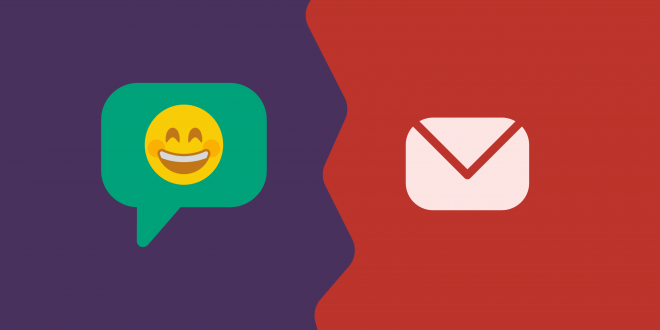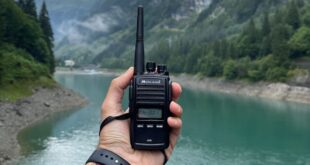Living in a world based on the information and how fast it moves from one source to another has imposed some worthy of being noticed criteria, especially if you want your data to be transferred securely and reliably. On the other hand, a great deal of users has been struggling with limited internet speed and restricted data usage, so it is out of the question that they are in utter need of an app that can deliver the expected while keeping the remaining internet traffic barely disturbed. Therefore, read the following lines and see which messaging apps with the least data usage might be just the thing you were searching for.
Before we continue to our list of the most data-saving apps, we should emphasize that data consumption is not the only criteria you should consider before installing an app. Namely, there would hardly be any point in saving significant amounts of data if you would not be able to achieve what you want or need. Thus, besides considering which app with the least data usage is, do worry about features such as video call quality, quality degradation due to compression of various media formats, safety, privacy, etc. Surely, that might be the topic for the other time, but you should know that we had thought about those important characteristics when the following list was made.
1. Zangi
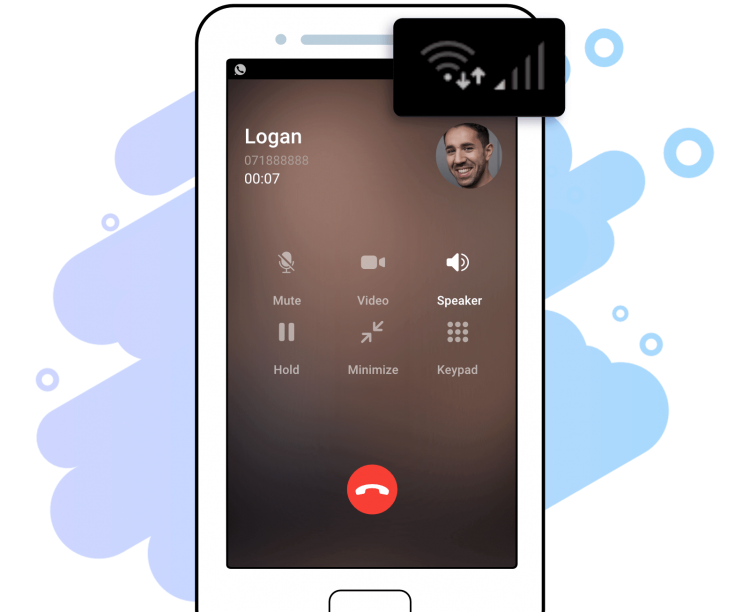
Although it might not be the most recognizable app on the market, Zangi is surely the champ when data saving is in question. Namely, the secret of this messaging app is that it uses a different type of data transfer method, which enables it to send as much as 25% more material when compared to other apps worth mentioning while consuming a certain amount of data. Thus, for a single MB of bandwidth, you will be able to get by a quarter more time talking to your friends, family, associates, or whoever you want. Multiply that with the number of megabytes you spend and you will end up with a more than satisfactory result.
2. WhatsApp
Not surprisingly, WhatsApp is near the top of our list, not solely because it spends as little as about 300 KB per minute of online talking, while it can be even thriftier if you turn on the data saving option. What is particularly important about this app is that it will not download any media unless you tell it to, thus you can save an additional amount of data and use it for something else when you do not want to review unimportant images or sound files received from your contacts. Another fun fact about WhatsApp is that it has been merged with other apps from the Facebook family, so we expect additional improvements and data-saving solutions to be announced in the near future. Whether you intend on using the standard version or you think about additionally leveling up your data saving regime, make sure you check out WhatsApp-gb.blog.br and see how you can make use of a fully updated version of officially the most popular messaging app on the market.
3. Viber
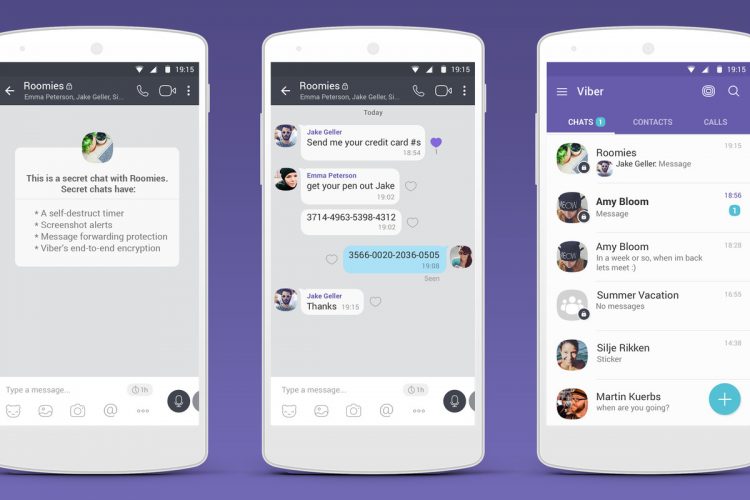
Since 2010, Viber has been one of the most used messaging apps and the chances they will continue to stay at the top of the most utilized tools for online communication are pretty high. Surely, that happens for a reason, since Viber needs to eat as much as 14 MB of your cell data for a whole hour of talking up and down, while you can easily exchange up to 1000 characters with your contacts for as little as 2 KB. Although these numbers might seem impressive, we should underline that this messaging app compresses data and lowers image quality a lot, thus, you might be able to send images and videos rapidly and at low data cost, but the loss in resolution will be noticeable. Apps evolve daily, so does Viber, so expect nothing less than major improvements in the days to come.
4. Facebook Messenger
Another smart move by Facebook was to separate the main app from the messaging one and keep both the quality and the innovations happening on a daily basis at an enviable level. As we have mentioned earlier, even WhatsApp has become a member of the family, but we are yet to be presented with joint projects of these two recognizable messaging apps. On the other hand, now you can merge your Instagram messages with your WhatsApp app and use it without switching from one to another. What puts this app on our list are the data consumption thriftiness and the ability to provide you a one-minute talk for as much as around 330 KB, which is as good as it gets considering the quality that one experiences. Also, Messenger will preserve the quality of images and videos you share with your friends, but it will eat more data than the alternative solutions, so be warry what you share if you are on a data budget.
5. Line
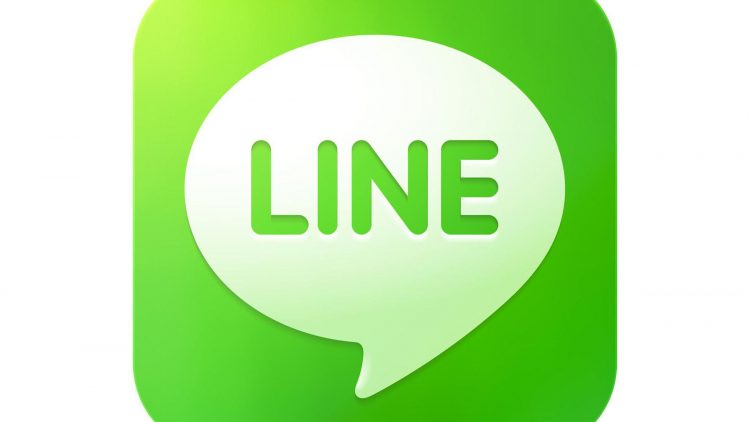
The Line is what made communication in a tsunami that struck Japan back in 2011 much easier, and has been evolving ever since. We know that the Japanese are one of the most influential nations when technology is in question, so having Line on our list is not that of a surprise. When data consumption is concerned, we should emphasize that this messaging app consumes a bit over 350 KB per minute of an average voice call, providing excellent quality, so the fact that its number of active users has been growing steadily for years paves the ground for future improvements.
Hopefully, you will choose the app from the aforementioned list that suits your wants and needs most optimally. We are positive that any pick mentioned above will save you even more data than you expect in the first place, but pay attention to other than data-saving features you might want from an app to deliver in order for your experience to be complete. Also, make sure you persuade your contacts to use the app of your choice as well, otherwise, having an app that saves data for you would not make sense, since you will not either spend or save anything if you do not exchange anything with anyone.
 Hi Boox Popular Magazine 2024
Hi Boox Popular Magazine 2024
